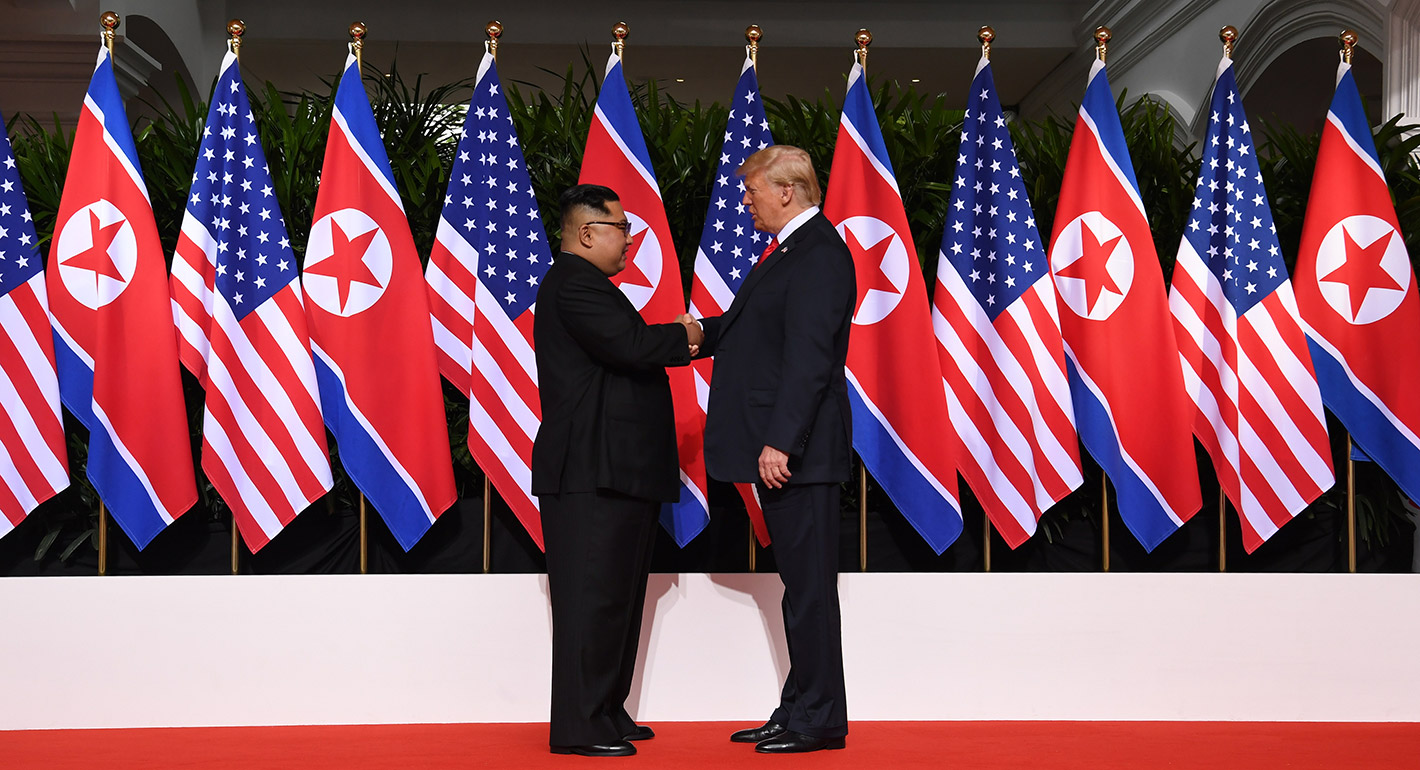Source: Arms Control Today
Although U.S.-North Korean talks have stalled, North Korean leader Kim Jong Un has abided by an apparent moratorium on nuclear testing, keeping alive hopes that an agreement can be reached to denuclearize North Korea. Implementing such an agreement with North Korea, if one can be negotiated, would constitute an unprecedented challenge for the international community.
Verifying such an agreement would require building a monitoring regime that goes well beyond traditional international safeguards and bilateral arms control approaches while accommodating legitimate North Korean concerns over intrusiveness, which would practically preclude “anytime, anywhere” inspections. Creativity will be needed to design a verification scheme to which the United States and North Korea could agree and that could be implemented in affordable and practical ways and that politicians would deem credible.
The full version of this article is available in the September 2019 edition of Arms Control Today.







